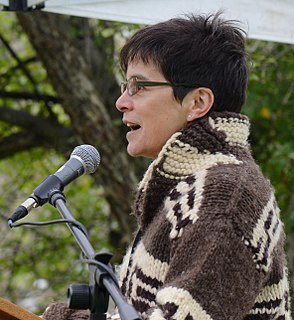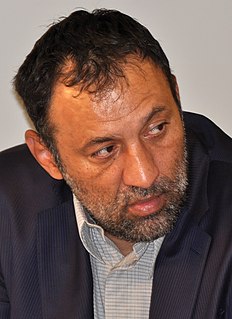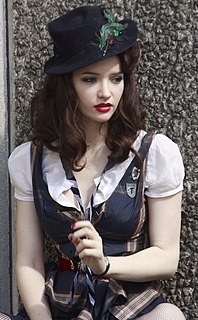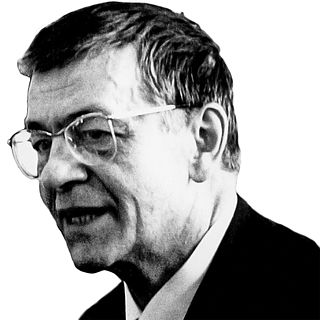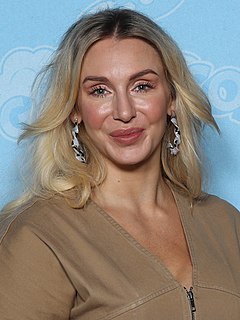A Quote by Jamaica Kincaid
I loved Charlotte Bronte when I was little, and I wanted to be Charlotte Bronte the way people want to be a princess.
Related Quotes
I knew I wanted the parties in 'The Queen of the Night' to be convincing, beautiful, and also dramatic: situations where significant things happened on a scale that was both grand and intimate. There were several texts that helped me think about how to do this, and one of the most important ones was Charlotte Bronte's novel 'Villette.'
I came here and actually fell in love with Charlotte and the Hornets. That's exactly what happened to me. I found a new way of motivation. Charlotte basically extended my career for the next seven years. I was thinking of retiring. I was 30 and played seven more years after that, just because basketball felt different here in Charlotte.
The writers who inspire me most are all women: Enid Blyton, Agatha Christie, Margaret Mitchell and Emily and Charlotte Bronte. As for contemporary novels, one of my favourites is 'Everyone Brave is Forgiven' by Chris Cleave. It's the sort of book to read if you've fallen out of love with reading - it reminds you just how brilliant novels can be.
We read Charlotte Bronte not for exquisite observation of character - her characters are vigorous and elementary; not for comedy - hers is grim and crude; not for a philosophic view of life - hers is that of a country parson's daughter; but for her poetry. Probably that is so with all writers who have, as she has, an overpowering personality, so that, as we say in real life, they have only to open the door to make themselves felt.
My favorite piece of information is that Branwell Brontë, brother of Emily and Charlotte, died standing up leaning against a mantelpiece, in order to prove it could be done. This is not quite true, in fact. My absolute favorite piece of information is the fact that young sloths are so inept that they frequently grab their own arms and legs instead of tree limbs, and fall out of trees.
Nom de Plume uses the device of the pseudonym to unite the likes of Charlotte Bronte, Mark Twain, Fernando Pessoa, and Patricia Highsmith into a cohesive yet highly idiosyncratic literary history. Each page affords sparkling facts and valuable insights onto the manufacturing of books and reputations, the keeping and revealing of secrets, the vagaries of private life and public opinion, and the eternally mysterious, often tormented interface between life and literature.


